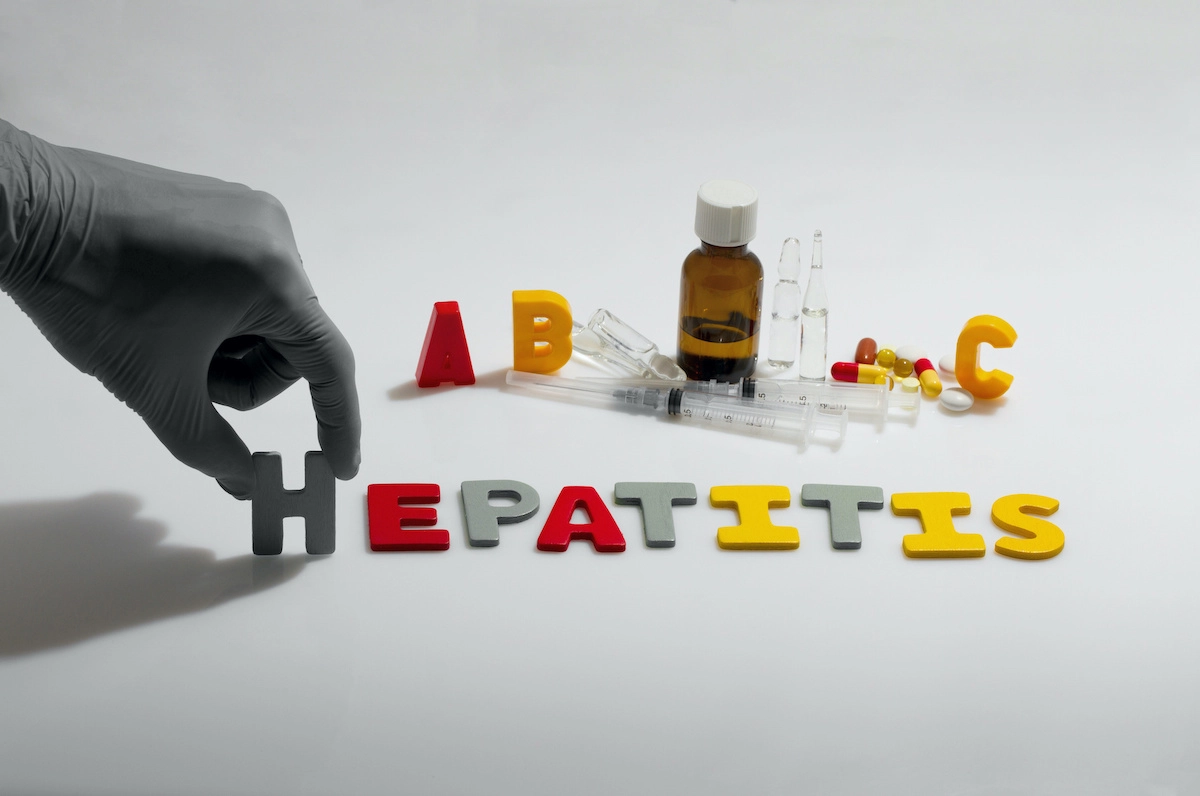
Your liver helps your body digest food, store energy and remove poisons. Hepatitis is a swelling of the liver that makes it stop working well. It can lead to scarring, called cirrhosis, or to cancer.
Viruses cause most cases of hepatitis. The type of hepatitis is named for the virus that causes it, for example, hepatitis A, hepatitis B or hepatitis C.
Drug or alcohol use can also lead to hepatitis. In other cases, your body mistakenly attacks its own tissues. You can help prevent some viral forms by getting a vaccine.
Sometimes hepatitis goes away by itself. If it does not, it can be treated with drugs. Sometimes hepatitis lasts a lifetime. If you have an acute infection, your symptoms can start anywhere between 2 weeks to 6 months after you got infected. If you have a chronic infection, you may not have symptoms until many years later.
Chronic hepatitis can lead to complications such as cirrhosis (scarring of the liver), liver failure, and liver cancer. Early diagnosis and treatment of chronic hepatitis may prevent these complications.
Some people who have hepatitis have no symptoms. Others may have:
- Fever
- Fatigue
- Loss of appetite
- Nausea and/or vomiting
- Abdominal pain
- Dark urine
- Clay-colored bowel movements
- Joint pain
- Jaundice, yellowing of your skin and eyes
Hepatitis B is one type of hepatitis – a liver disease caused by the hepatitis B virus (HBV). Hepatitis B spreads by contact with an infected person’s blood, semen, or other body fluid. An infected woman can give hepatitis B to her baby at birth. If you get HBV, you may feel as if you have the flu, or you may have no symptoms at all. A blood test can tell if you have it. HBV usually gets better on its own after a few months. If it does not get better, it is called chronic HBV, which lasts a lifetime. Chronic HBV can lead to scarring of the liver, liver failure or liver cancer.
There is a vaccine for HBV. It requires three shots. All babies should get the vaccine, but older children and adults can get it too. If you travel to countries where Hepatitis B is common, you should get the vaccine.
Hepatitis A is one type of hepatitis—a liver disease—caused by the hepatitis A virus (HAV). The disease is spread primarily through food or water contaminated by stool from an infected person. You can get HAV from
• Eating food prepared by someone with HAV who did not wash their hands after using the bathroom
• Having sex with someone with HAV
• Not washing your hands after changing a diaper
• Drinking contaminated water
HAV can cause swelling of the liver, but it rarely causes lasting damage. You may feel as if you have the flu, or you may have no symptoms at all. It usually gets better on its own after several weeks.
The hepatitis A vaccine can prevent HAV. Healthy habits also make a difference:
• Wash your hands thoroughly before preparing food, after using the toilet or after changing a diaper.
• International travelers should be careful about drinking tap water.
Hepatitis C is one type of hepatitis—a liver disease—caused by the hepatitis C virus (HCV). It usually spreads through contact with infected blood. It can also spread through sex with an infected person and from mother to baby during childbirth. Most people who are infected with hepatitis C don’t have any symptoms for years. A blood test can tell if you have it. Usually, hepatitis C does not get better by itself. The infection can last a lifetime and may lead to scarring of the liver or liver cancer.
Medicines sometimes help, but side effects can be a problem. Serious cases may need a liver transplant. There is no vaccine for HCV.
Source: NIH: National Institute of Diabetes and Digestive and Kidney Diseases;https://medlineplus.gov/hepatitis.html









